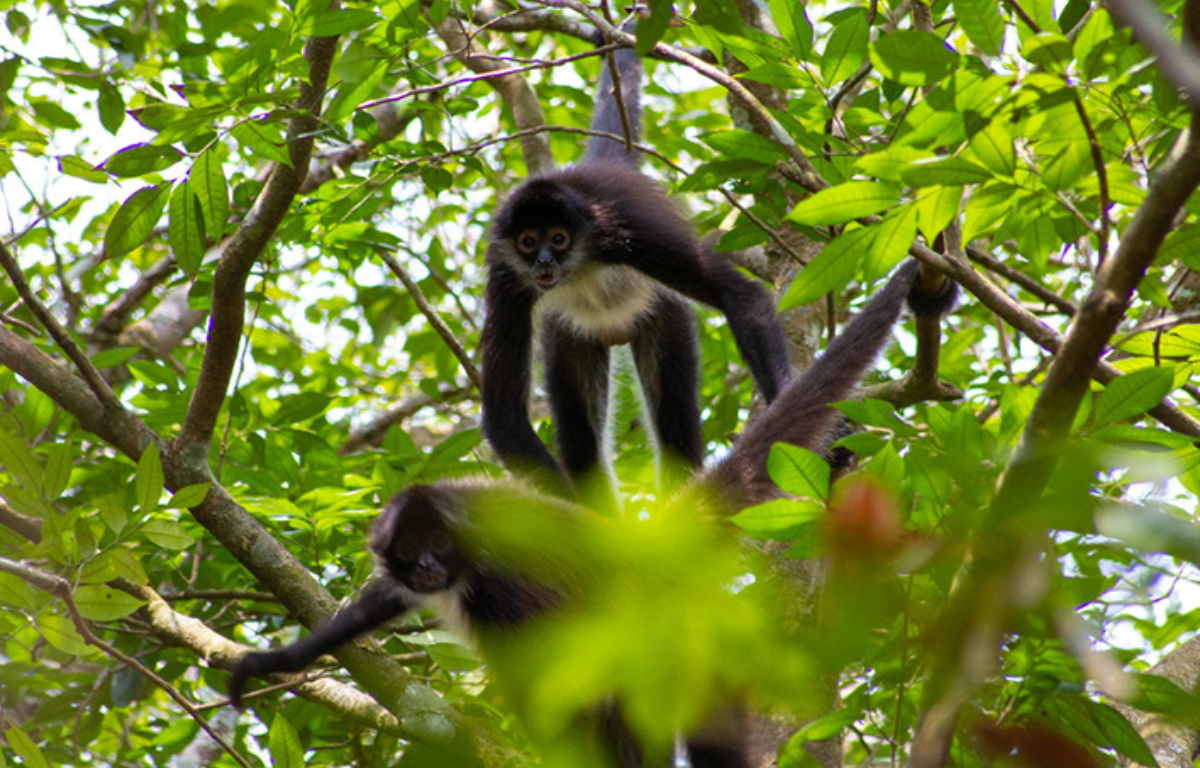Microsoft builds on carbon credit strategy with Mexican rainforest agreement
Microsoft's carbon footprint jumped by nearly 30% in 2023.

Microsoft has entered an agreement with Mexican startup Toroto to purchase 234,000 rainforest carbon credits – the latest in a series of carbon removal investments meant to offset the company’s growing carbon footprint.
Despite recently forming a new decarbonisation team made of former Google, WeWork and Meta subject experts, Microsoft is still betting heavily on carbon credits to offset part of its carbon footprint, which jumped by nearly 30% in 2023 due to its AI-driven data centre expansion.







